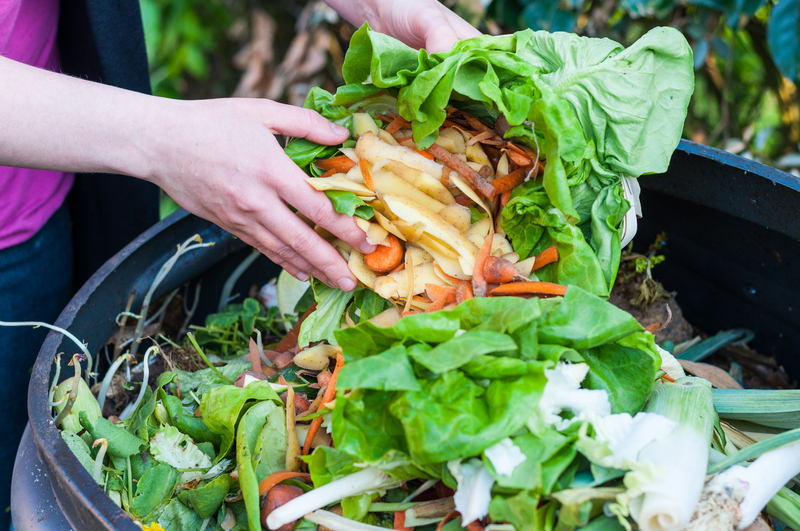What Opportunities Exist for Developing Countries to Increase Recycling Rates?
Posted on 10/09/2024
Recycling is a vital part of sustainability and waste management. It conserves natural resources, reduces pollution, and helps reduce the amount of waste that ends up in landfills and the environment. Unfortunately, recycling rates are low in many developing countries, with less than 15 percent of municipal solid waste globally being recycled in 2016. This article will look at some of the opportunities for developing countries to increase their recycling rates.
Public Education Campaigns
One opportunity for developing countries to increase their recycling rate is through public education campaigns. Many people do not understand the importance of recycling or how to do it correctly. With a well-crafted campaign that includes information about why it is important, how to do it correctly and the benefits of doing so, more people may be motivated to recycle their materials. Additionally, these campaigns can target businesses, which could commit to increasing their recycling practices as well.

More Access Points
In order to make recycling easier and more accessible for people in developing countries, it is important to create more access points where people can easily bring their waste material for disposal or pick up a reusable bag. Building community sorting centres and drop off points that are conveniently located could be helpful - people would simply have to drive up and deposit their recyclable materials into a receptacle. It is also important to ensure that the infrastructure exists to sort, process, and transport the recyclable material from these drop-off points.

Invest to Improve the Recycling Process
Developing countries should also invest in new technologies that can help improve the recycling process. For example, using magnetic separation technology to separate metals from plastic waste can greatly reduce the amount of manual labour involved in sorting materials for recycling centres. Additionally, using technology such as RFID readers on trash cans or dumpsters can further automate the sorting process and make it easier for people to dispose of their recyclable material.
Promote and Incentivize
Finally, governments in developing countries need to develop strong policies that promote and incentivize recycling efforts by businesses, citizens, and local governments alike. This could include things like tax credits or grants for businesses that adopt responsible waste management practices or offer free collection services for households who wish to recycle their materials. Policies could also focus on improving existing infrastructure related to recycling, such as introducing legislation that requires manufacturers or communities to provide information labels on products indicating if they are recyclable or not. These types of policies would help create an overall more sustainable environment in developing countries by encouraging more efficient use of resources and reducing pollution and landfill waste.
Overall, there are numerous opportunities available for developing countries to increase their recycling rates. Implementing public education programs about why it's important to recycle correctly, investing in new technologies that streamline the process of collecting and sorting materials, and creating strong policies around responsible waste management practices for businesses, citizens, and local governments are all encouraged to reduce their respective environmental footprints through improved recycling strategies. Altogether these measures will lead to greater sustainability for both the current generation and those yet to come.
Latest Posts
Recycling for Environment Health
Start Your Plastic-Free Kitchen Journey
Recycling Polystyrene for a Greener Earth






